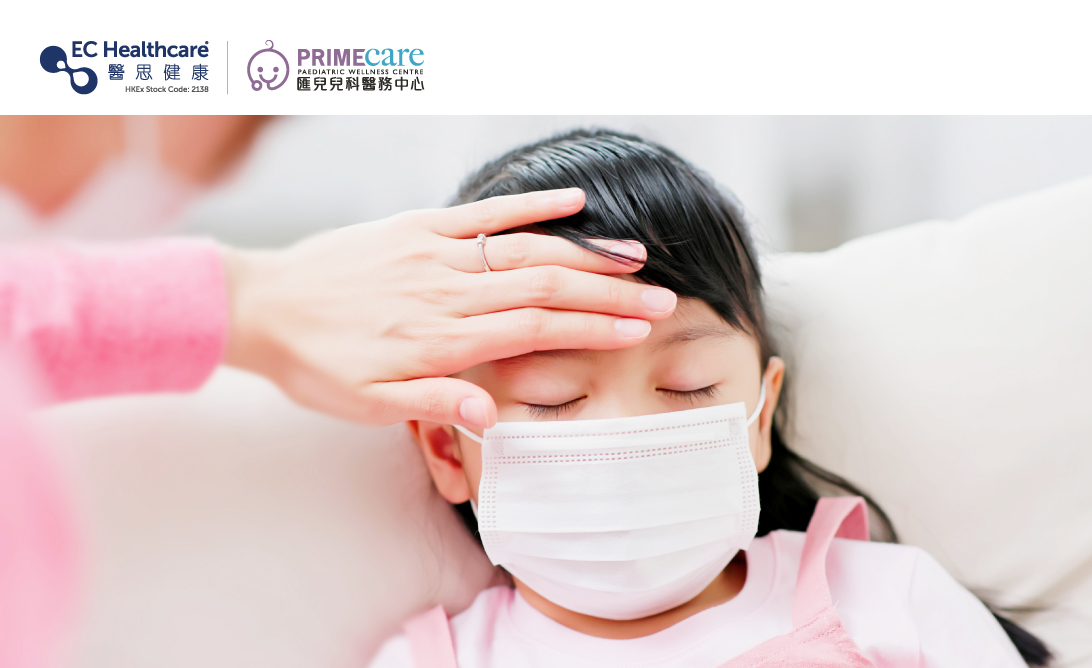Identifying Allergens | Lifestyle Changes to Alleviate Symptoms! Doctor: Allergy testing has no age limit.


As we enter the spring and summer seasons, with changes in temperature and humidity, many children and adults with existing sensitivities come seeking help. Allergies encompass more than just eczema and nasal allergies; they also include eye sensitivities, hives, food allergies, and respiratory sensitivities, among others. When these allergy symptoms flare up, it often requires timely use of antihistamines, topical creams, and even medical consultations. While actively managing the condition, have you ever thought about identifying the underlying causes of your allergies?
Allergies can have a genetic component, but environmental factors and past exposure to allergens can also influence the frequency and severity of allergic reactions. Not every patient requires allergy testing, but it is worth considering if recommended by a doctor. Let's discuss allergy testing briefly this time.
What is Allergy Testing?
Through allergy testing, patients can gain a better understanding of their allergic tendencies and avoid unnecessary dietary restrictions or blindly avoiding suspected allergens. This is especially important for children, as indiscriminate dietary restrictions during their developmental years can lead to nutritional deficiencies and hinder proper growth. By knowing their specific sensitivities, individuals can prevent accidental consumption of allergenic foods or exposure to allergenic substances, reducing the risk of allergic reactions.
How Many Types of Allergy Testing are Available?
Well, the realm of allergy testing is a diverse landscape. From the classic skin prick test to the patch test and the IgE blood test, doctors carefully select the most suitable method based on each patient's unique constellation of allergy symptoms and clinical requirements. However, it is worth noting that in recent years, there has been a proliferation of tests targeting IgG immunoglobulin. Yet, it is prudent to exercise caution, as these tests currently lack the robust scientific underpinnings and compelling evidence necessary to warrant their recommendation.
Is There an Age Limit for Allergy Testing?
There is no minimum age requirement for allergy testing; it depends on the individual's need for testing. For example, if a five-and-a-half-month-old infant is experiencing severe and recurrent eczema, and the parents are considering introducing solid foods, they may be hesitant about what foods to avoid. In such cases, despite the young age, we would recommend conducting allergy testing for the baby to identify potential allergens and aid in the management of eczema symptoms.
Here's another case: an eight-year-old child suffering from long-term nasal allergies. Despite the parents' efforts to implement various measures to minimize allergen exposure at home, the child still relied on oral medications and nasal corticosteroid sprays to manage the condition. Subsequently, the child underwent blood allergy testing, which revealed a high sensitivity to dust mites. As a result, the child received dust mite immunotherapy, leading to a significant improvement in nasal allergy symptoms. Now, the child only takes allergy medication as needed.
The Report is Clear, Concise, and Self-Explanatory, Or Is It?
When it comes to the results of blood allergy testing, they are typically presented in numerical values. Therefore, when a report shows that certain allergens have reference values higher than the normal range, parents may naturally assume that those items above the normal range are the culprits and decide to avoid them completely. However, this is not always the case. For instance, let's say the report indicates that a child has a sensitivity to certain molecules found in eggs. Upon reading the report, the parents conclude that the child must avoid all foods containing eggs. However, after the report is analyzed and interpreted by a doctor, it is revealed that the child only needs to avoid undercooked eggs that have not been subjected to high temperatures for an extended period. Baked goods such as bread and cakes that contain egg ingredients are generally safe for the child to consume. Therefore, regardless of where allergy testing is conducted, it is crucial to have a doctor follow up, provide ongoing consultations, and explain the report accurately.
Is Allergy Testing a One-Time Solution, Providing Lifelong Benefits?
The answer is no. The results of a test conducted today can only reflect a child's allergic tendencies up to the present time. Sensitivities can change as one grows older. Therefore, the frequency of repeating tests depends on the individual's condition and the specific allergens involved.

Related Brands
